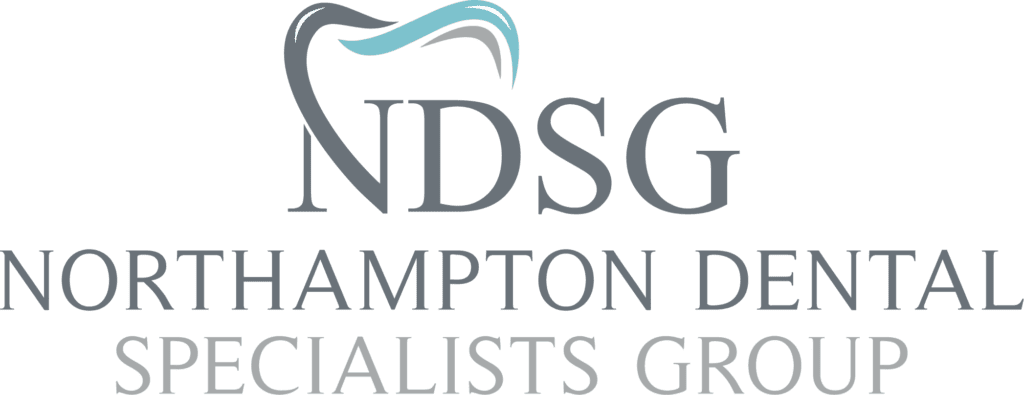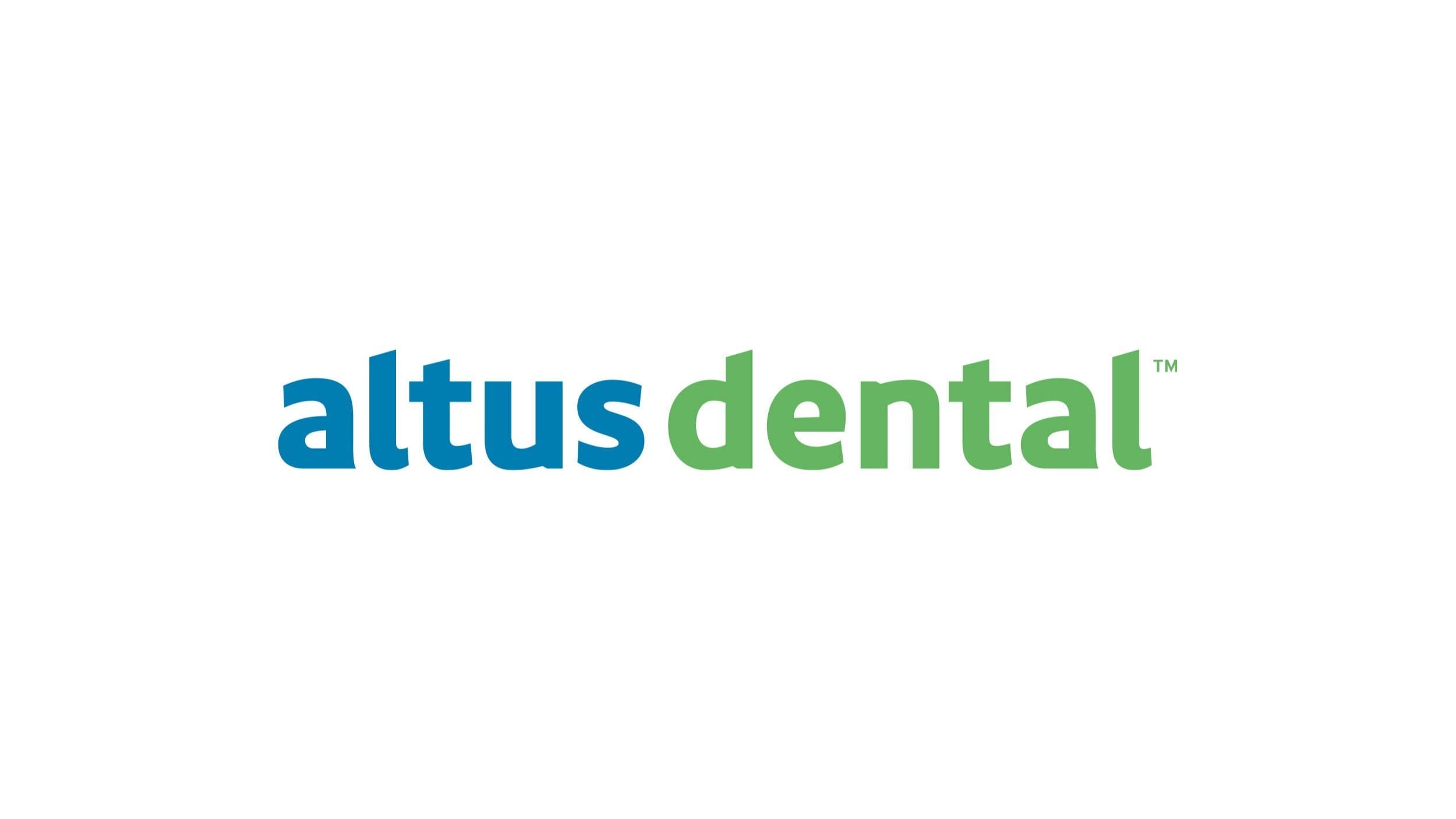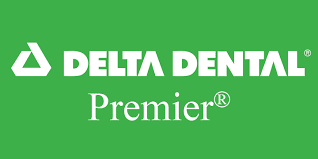It can be tempting to skip your scheduled dental exam and cleaning appointment. After all, you are carefully maintaining your oral hygiene routine at home, right? Regularly brushing and flossing your teeth goes a long way in preventing tooth decay and periodontal disease. But it is not infallible. You can still miss spots that are hard to reach, allowing plaque to form on your teeth. So, to ensure that your teeth remain free of tooth decay and gum disease, you’ll want to keep up with your routine dental exams and cleanings here at Northampton Dental Specialists Group.
Benefits of Dental Exams and Cleanings
Dental exam and cleaning appointments work best when you are keeping up with your oral hygiene routine at home. In addition to allowing plaque and tartar to be removed from on and around your teeth, these vital appointments give your dental team an opportunity to spot any signs of trouble at an early stage.
The Dental Exam
Dental examinations and cleanings are often performed at the same dental appointment. The goal of the dental exam is to allow your dental team to inspect your mouth, teeth, and gums to detect any early signs of problems like tooth decay and periodontal disease.
In addition to looking for common problems like tooth decay and gum disease, your dental hygienist will also be on the lookout for signs of oral cancer. Although this is a serious disease, oral cancer has an extremely high cure rate when it is detected early, further highlighting the importance of the dental exam.
Most dental exams proceed very smoothly. But if your dental hygienist has detected any potential problems with your teeth, mouth, and gums, your dentist would come in to take a closer look. X-rays may be taken at this time. If you require further treatment, you may be advised to schedule an appointment at a later time if it is not an urgent matter.
Dental Cleaning
The main purpose of a dental cleaning appointment is to ensure that any plaque and tartar is removed so that you do not develop periodontal disease. Periodontal disease occurs when a patient is not practicing proper oral hygiene, or misses some spots that allows plaque to accumulate.
Plaque is a sticky film that adheres to the teeth, secreting acids that can irritate and inflame gum tissue. Plaque eventually hardens into a form called tartar that is only removable by a dental professional.
As mentioned, plaque damages gum tissue. In its early form, periodontal disease is called gingivitis. This is when it is reversible. Left unchecked, gingivitis eventually progresses into an irreversible form of periodontal disease called periodontitis, which can cause teeth to loosen and fall out.
To prevent this from happening, your dental hygienist will use special dental tools to scrape away any plaque or tartar that they find. Finally, your teeth will be polished for a smooth and attractive finish.
Benefits of Regular Dental Appointments
Dental exams and cleanings:
- Remove plaque and tartar
- Prevent periodontal disease
- Help detect dental problems at an early stage






